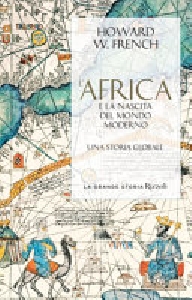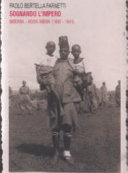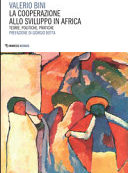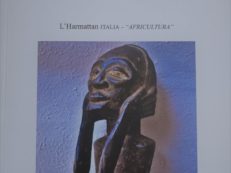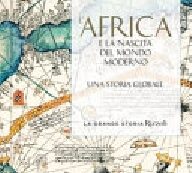Descrizione
What led to the birth of the modern world? Traditional historiography tends to respond by listing a series of factors: the impact of the great geographical discoveries of the fifteenth century, which opened the routes to the New World and intensified the connections between East and West; the development of the scientific method and industrial innovations; the spread of new eating and consumption habits; the role played by the societies of the Old Continent, with their ingenuity and inventiveness, and the ferment of great civil ideals… A reconstruction that now seems almost obvious to us, but is in reality partial and incomplete, and has long minimized, trivialized or culpably ignored a fundamental aspect of the question: the crucial role played by Africa, its societies and its inhabitants in the development of what we now call – with a certain pride – “modernity”. It is this lack that Howard French intends to remedy with his essay. In a broad narrative that spans over six centuries, from the first commercial relations between Portugal and Africa to the abolition of Jim Crow laws in the United States, French reminds us that the destiny of the West was forged by exploiting African resources and labor. The first destinations to attract European navigators were the coasts of Africa, where societies rich in gold thrived. And the industrial revolution would not have even been conceivable without the products of the large plantations, such as sugar cane and cotton, capable of changing the lives of Europeans and Americans forever. But the most important and impactful “commodity” were the twelve million slaves deported from Africa as very low-cost labor. It is to their sacrifice that we owe not only the economic rise of Europe, but also the development and diffusion of the ideals of the Enlightenment first and then of democracy. Combining the flair and attention typical of the reporter with the narrative freshness of the great popularizer, French offers us an analysis that is as well-documented as it is illuminating, to restore to an entire continent the role it deserves in the pages of history.

